News
-
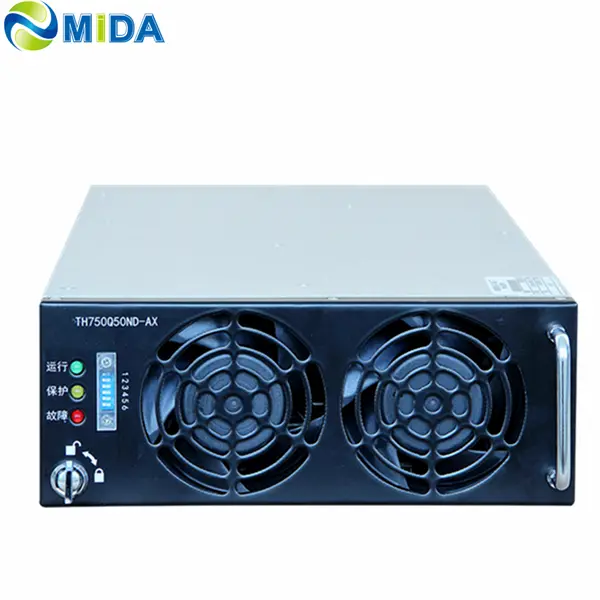
Can You Charge An Ev With Dc Power? Is Dc Fast Charging Harmful To Electric Vehicle Batteries?
-
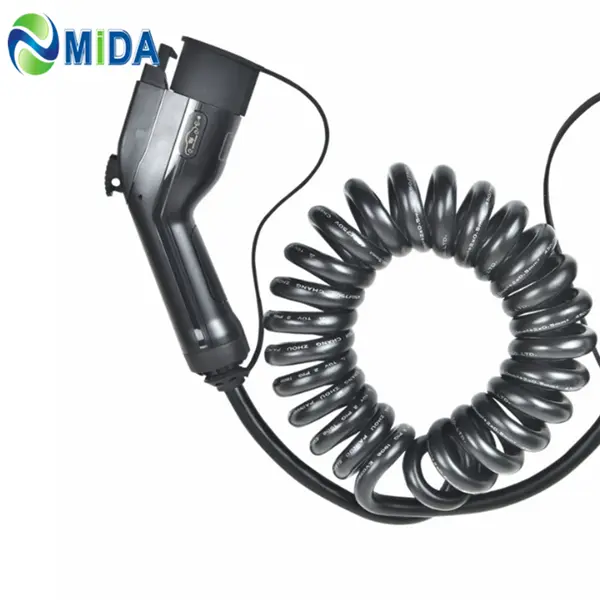
Are Coiled Charging Cables Better for EVs?
-
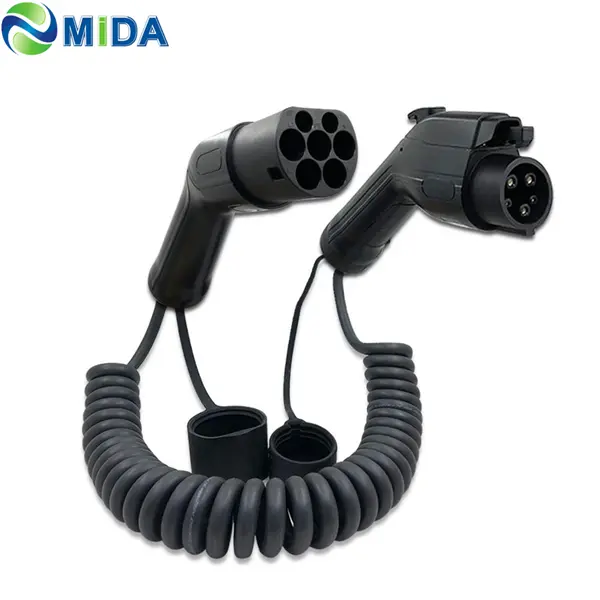
What Is The Difference Between Type 1 And Type 2 Charging Cables?
-
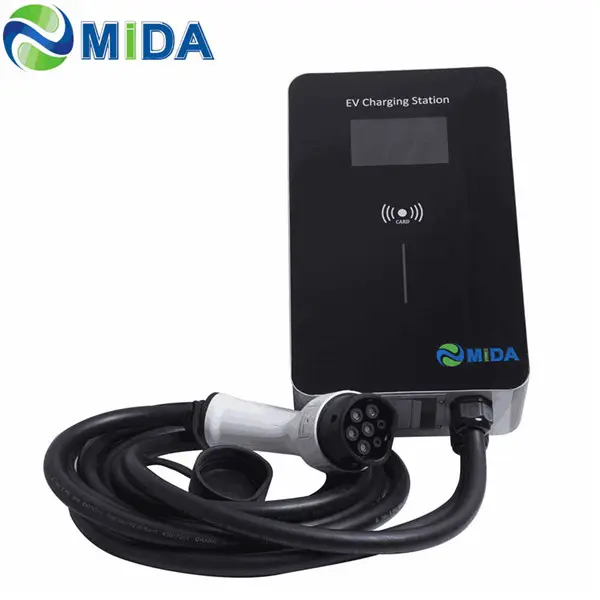
Should I Get 3.6 Kw Or 7kw Charger? Can I Have a 7kw Charger At Home?
-
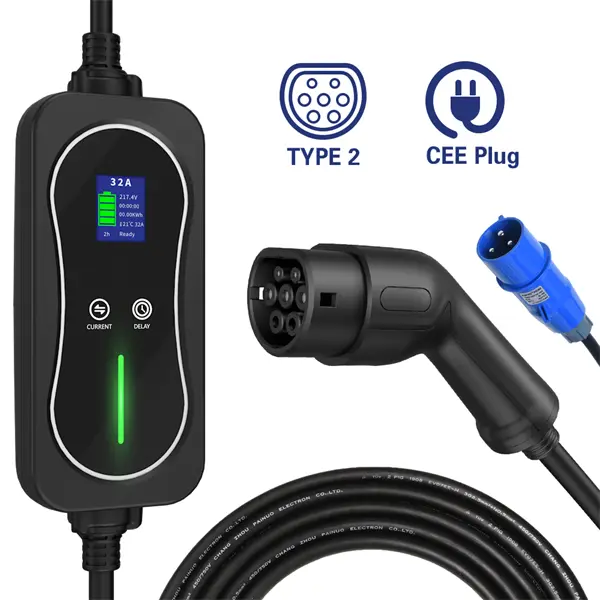
Is Type 2 Portable EV Charger Fast Charge?
-
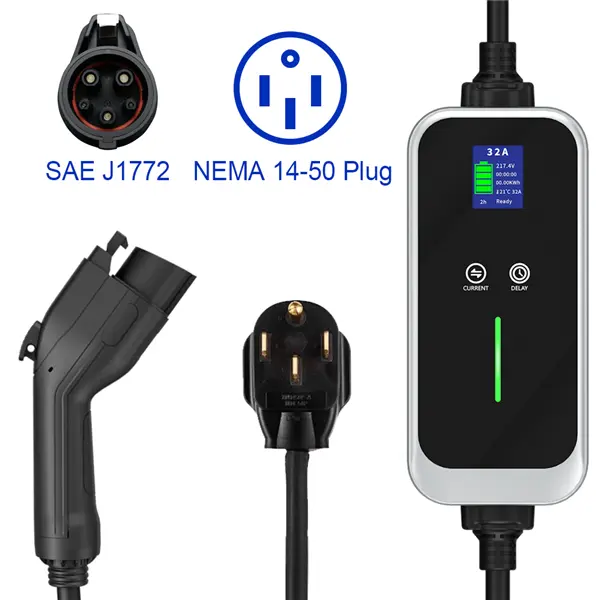
What Is The Difference Between Type 2 And Type 3 Ev Charger?
-
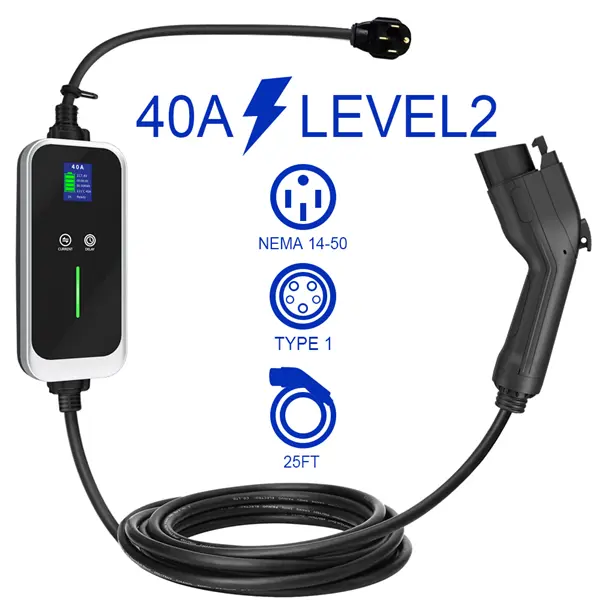
Is 40 Amps Enough For Your Ev Charger? How Fast Is a 40 Amp Ev Charger?
-
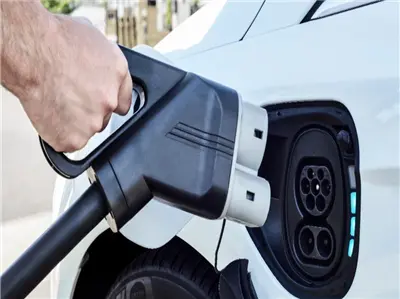
Can You Install an EV Charger Yourself?How Long Does it Take
-
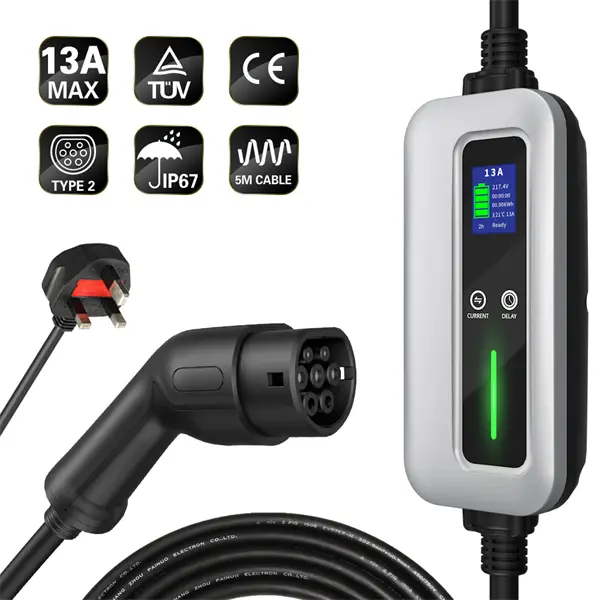
What Is Portable Ev Charging? Is Ev Home Charging Station Better Than Portable Charger?
-
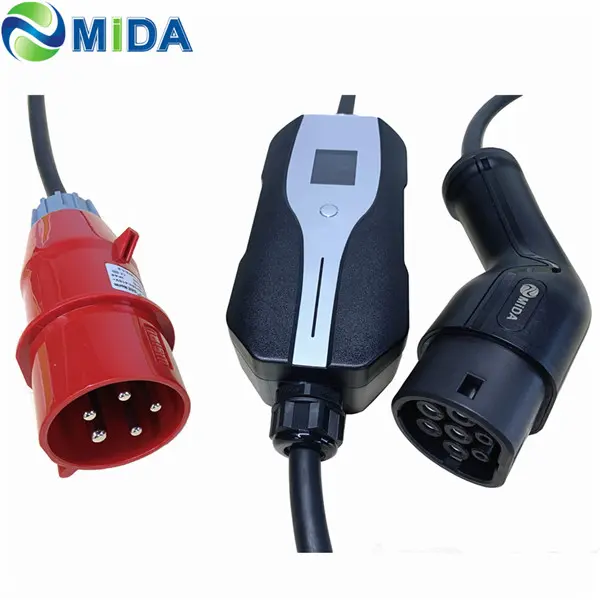
3 Phase Vs Single Phase Ev Charger: What’s The Difference
-
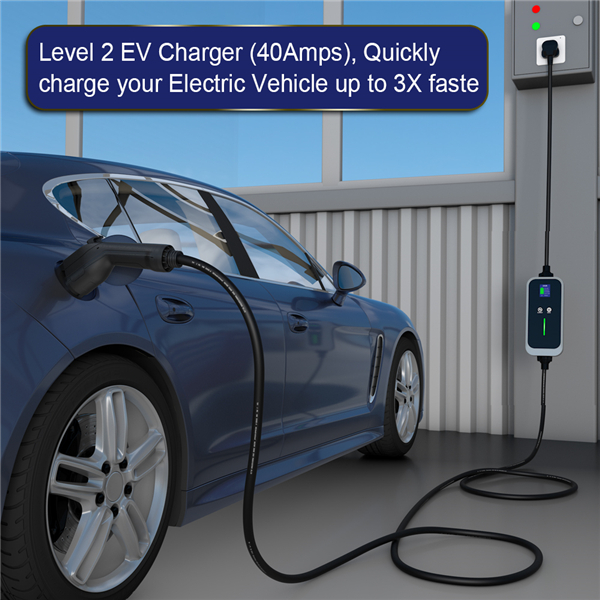
What is the difference between 32 and 40A EV charger? Which is better for car charger
-
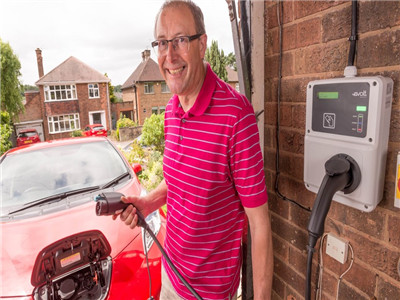
How long does it take to charge an electric car ?













